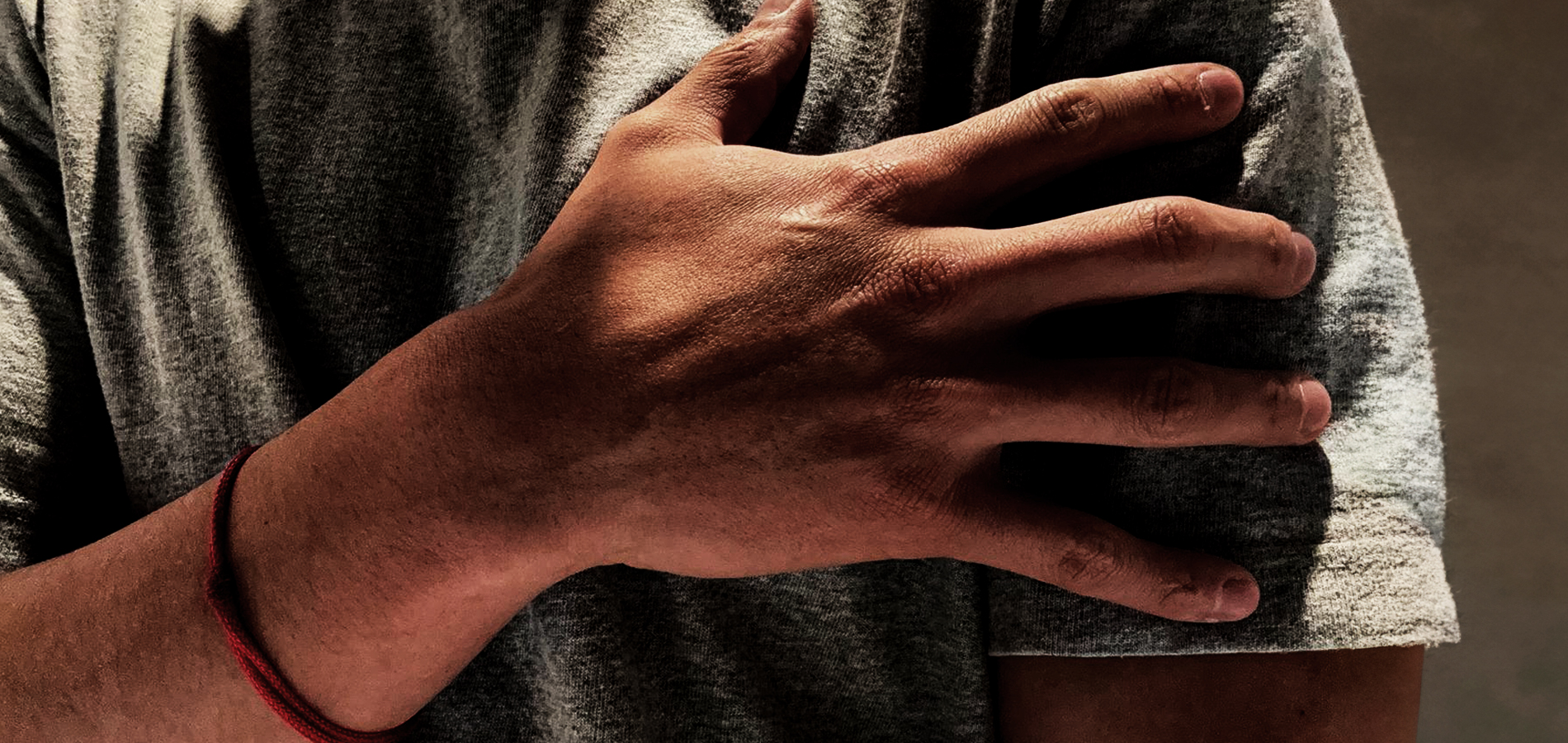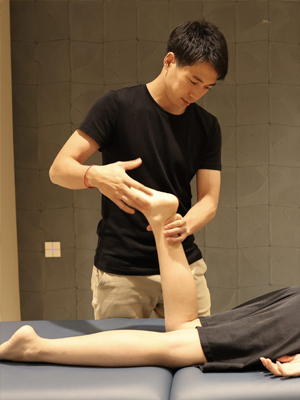Introduction
We live in an age of convenience. Thanks to technological advancements, almost anything is easily accessible, and life is becoming increasingly efficient. However, with this convenience, it’s worth considering whether our minds and bodies have become too accustomed to ease, potentially compromising our health. We see a decline in physical activity, reliance on processed foods for meals, and stress-filled environments leaving us mentally drained.
In the midst of this convenience, I believe that intentionally introducing “inconvenience” into our lives can be the key to maintaining both physical and mental well-being. This article explores how you can incorporate “inconvenience” into your daily routine to design a healthier lifestyle.
The Hidden Health Risks of Convenience
Let’s first reflect on how modern convenience impacts our physical and mental health. Meals are quick and easy, work is mostly sedentary desk jobs, and we spend long hours on our smartphones and computers. While convenient, have you noticed your stamina declining, your senses dulling, or stress building up? Many of us also see children having fewer opportunities to engage with nature, leading to noticeable declines in physical activity and bodily function.
In a life surrounded by convenience, it becomes essential to intentionally add “effort” into our routines to reduce the toll on our minds and bodies. By “effort,” I mean actions that require time and energy, ultimately enriching both body and soul.
Regaining Health by Putting Effort into Meals
A healthy diet is fundamental to well-being. However, relying on frozen or fast food means lower nutritional value and more additives. What seems like convenient food can pose serious health risks. In contrast, preparing meals with slow food or naturally cultivated ingredients not only provides more nutritious food, but the process of cooking itself can be calming, fostering gratitude.
For example, taking the time to pick fresh vegetables at the store and cooking them slowly turns the act of eating into a rewarding experience. Meals made with care preserve the flavor and nutrients of the ingredients, offering kindness to your body. Establishing a rhythm of thoughtful meal preparation is also key to balancing your daily life.
Exercise That Focuses on Natural Body Movement
For busy modern people, incorporating natural physical activity into daily life is challenging. With long hours of desk work, finding time for exercise is difficult. Fitness gyms and exercise equipment provide a great solution, but the important first step is learning how to move your body naturally.
Natural body movement means using your whole body efficiently, without unnecessary tension. Engaging in exercises like squats or bench presses without this foundation risks injuring your body. By focusing on correct posture and natural breathing, you can enhance aerobic activities like jogging or cycling more effectively. In contrast, if your body is stiff or imbalanced, lifting heavy weights can strain muscles and joints, leading to long-term problems.
For those working desk jobs, the shoulders and lower back are particularly vulnerable. Paying attention to your posture and body movements is crucial before engaging in gym training. Learning natural body movement is part of the “effort” required for a healthy approach to exercise, ultimately amplifying the benefits of training.
Using Illness as an Opportunity to Review Lifestyle Habits
Many people today tend to rely on medication as soon as they fall ill. However, merely suppressing symptoms with medication without addressing the root cause doesn’t solve the underlying issue. For example, when you catch a cold, it’s important to not only rest and take medicine but also to reflect on why you got sick in the first place. Were stress and lack of sleep weakening your immune system? By improving these areas of your lifestyle, you can strengthen your body and prevent future illnesses.
Health issues should prompt us to reevaluate our overall lifestyle and restore balance. While medication isn’t inherently bad, relying on it without considering lifestyle changes can lead to neglecting the root cause. Focusing on improving what you can control in your daily routine is key to lasting health.
Reconnecting with Nature for Mental Health
In today’s convenient lifestyle, we often find ourselves disconnected from nature. However, the healing power of nature is critical for mental well-being. Spending weekends walking in the park or taking trips to the mountains or sea can refresh both mind and body. These encounters with nature help reduce stress and enhance mental resilience.
Spending time in nature also involves moving your whole body, which helps restore balance. You can engage muscles that are often neglected in daily life, regaining natural movement patterns.
Finding Joy in Inconvenience
In a world full of convenience, embracing “effort” can lead to new discoveries. Whether it’s meal preparation, exercise, handling illness, or connecting with nature, choosing inconvenience can enrich both mind and body. Having the flexibility to enjoy putting in effort is a valuable mindset for modern life.
Rather than avoiding effort and inconvenience, learn to enjoy the process and put your heart into it. This is the key to designing a healthy lifestyle in today’s world. By being mindful of the balance between body and mind, and intentionally embracing inconvenience, you can achieve a more fulfilling and healthy life.
Conclusion
Instead of relying solely on modern conveniences, integrating a little inconvenience into your life can help maintain physical and mental well-being. By putting effort into meal preparation, practicing natural body movement, and revisiting lifestyle habits, you can restore balance to your mind and body. Not only will this prevent illness, but it will also bring energy and fulfillment to your daily life. Our bodies are designed to move according to nature’s rhythm, and if we become too accustomed to convenience, we risk losing our natural body function and mental richness. Incorporating “effort” and “inconvenience” into your life is the first step toward reclaiming that rhythm and achieving a healthier, happier life.
Final Thoughts
While convenience frees up time, it can also come at the expense of our physical and mental health. This is why now, more than ever, a conscious choice to “put in effort” and “enjoy inconvenience” is essential. By putting effort into meals, learning to move naturally, and valuing time spent in nature, you can boost both your body and mind, leading to sustainable long-term health.
Start implementing these ideas and take the first step toward designing a healthier lifestyle. By incorporating a little “effort” and “inconvenience” into your life, you’ll soon experience the positive effects firsthand.



